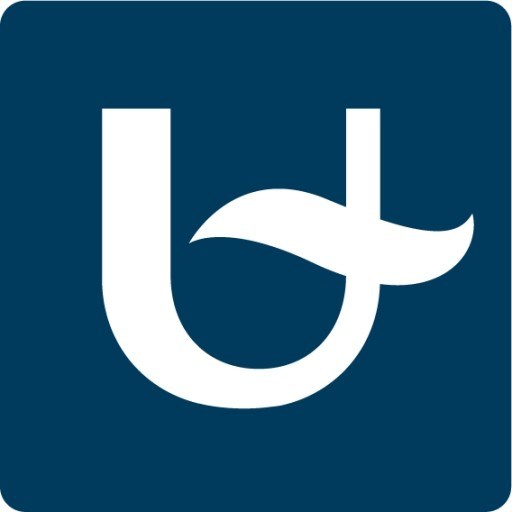Photos of university / #uantwerpen
The Erasmus Mundus Master of Science in Economics of Globalisation and European Integration is a specialised academic master’s programme. The programme is targeted at European and third country economists with career aspirations in universities, government and international organisations, and in research departments of banks and industrial or commercial corporations.
It aims to develop competence in the core subjects of the programme. Students will benefit from an increased awareness of the place of the EU in the world economy and from an in-depth understanding of the importance of globalisation and international trade.
The programme offers a scientifically well-founded training in the field of economics of globalisation, international trade and European economic integration. It provides a profound insight into the current scientific knowledge in this field and is supported by scientific research at the partner universities, both at these universities individually and in a network context.
The programme consists of 60 ECTS credits. The taught part of the programme amounts to 45 credits and the dissertation has a weight of 15 credits. One credit is roughly equivalent to 25 working hours (lectures, assignments and study time).
The study programme is full-time and runs over one year. The language of instruction is English. The teaching staff consists of professors from the partner universities.
The taught programme leads to an in-depth understanding of the following core subjects: Advanced Microeconomics, Advanced Macroeconomics, Open Economy Macroeconomics and International Finance, Economics of Globalisation, Economics of European Integration, and International Trade: Theory and Policy. As a master’s degree in economics should also include a strong quantitative component, Applied Econometrics is taught as an additional core discipline.
Two types of optional courses are offered: advanced subjects and skills. The first category includes courses such as Special Topics in Applied Econometrics, Special Topics in International Finance, Special Topics in International Trade, and Economics of Regulation. In the second category there are courses on Mathematics for Economists and Academic Writing, as well as language courses (e.g. Chinese during the term in which students attend courses in Xiamen University).
Students start working on their dissertation during the first term, and can submit either in May (for graduation in July) or in September(for graduation in October). Professors from all partner universities act as supervisors and evaluators of the dissertations.
Requirements
- Applicants must hold a Master's degree in Social Sciences (Economics, Political Science, Sociology, International Relations, or related disciplines), with good study results. Applicants with a Bachelor's degree of four years of study can be admitted, provided they have attended additional courses/trainings and/or hold relevant professional experience. Applicants with only a Bachelor’s degree of three years of study will not be admitted to the Master programmes.
- TOEFL (Test of English as a Foreign Language): minimum score of 550 for the paper-based test or 79 for the Internet-based test. Information about this test is available at the TOEFL-website. IOB does not accept the TOEFL ITP.
- IELTS (International English Language Testing System): minimum score of 6.5 and a minimum score of 6.0 on each component. Information about this test is available at the IELTS-website.
- A copy of your valid passport or identity card/a curriculum vitae
- A motivation letter
- A legalised copy of your degree certificate (please read more information on legalisation)
- Applicants that are enrolled in the final year should submit an original and signed letter from their college or university confirming that they are expected to finalise the program at the end of the current academic year
- A copy of your academic transcripts, provided with a stamp of the university
Scholarships
- Erasmus Mundus

